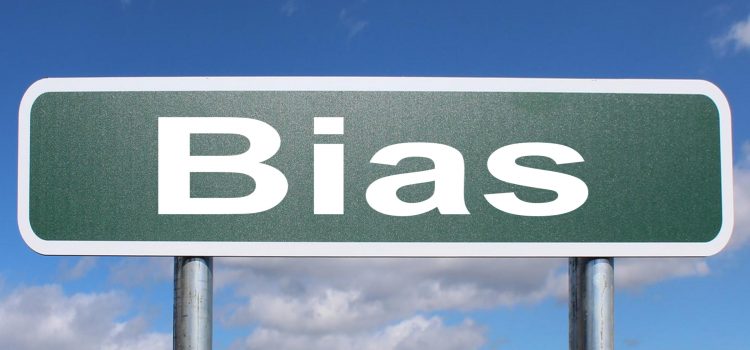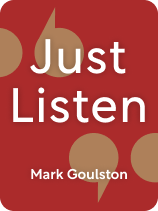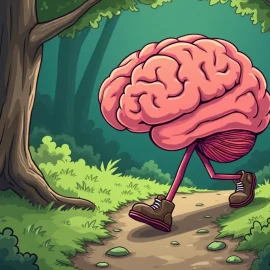

This article is an excerpt from the Shortform book guide to "Just Listen" by Mark Goulston. Shortform has the world's best summaries and analyses of books you should be reading.
Like this article? Sign up for a free trial here.
Do you consider yourself a good judge of character? How reliable are our social judgements?
When we judge other people, we inadvertently but inevitably do that through the lens of personal biases. This results in generalizations and inaccurate judgments about people that can cause us to overlook the true reasons for their behavior.
Keep reading to learn how to be a good judge of character.
Overcome Your Biases
Whether we like it or not, the things we hear and the judgments we make about other people are influenced by unavoidable personal biases. The problem is, when we judge someone based on our biases, we use preconceived knowledge that may or may not accurately represent them.
Here’s how to be a good judge of character by managing your biases:
- Memorize your biases: Goulston says we judge people based on five categories (gender, age, ethnicity, education, and emotionality). The simple habit of memorizing and staying aware of these categories as you assess someone helps you spot biases that might not apply to them.
- Use hypothetical justifications: When you have a conflict with someone, make a list of the negative words you’d use to describe them. Then, write five possible reasons that the person is acting the way they are. Next, imagine how your feelings about this person would change if any of these five things were true. Finally, have a conversation with them to discover the real reason they’re acting the way they do.
| Combating Bias With Action What causes bias? Biases are caused by our brain’s natural tendency to organize information into patterns, to take shortcuts, and to inform our decisions based on our limited memory. There are two main categories of bias that influence our daily judgments and actions: explicit bias and implicit bias. Explicit bias consists of our conscious beliefs, whereas implicit bias refers to our subconscious beliefs. In Just Listen, Goulston seems to be referring to implicit biases. Can we really change our biases? Research shows that biases can be changed, but it takes more than increasing your awareness of what your biases are and how they form. The most data-proven bias improvement program involves learning what bias is, taking a test to measure your personal level of bias, and then combatting bias with the following actions: – Point out stereotypical views when you experience them. This aligns with Goulston’s advice to maintain awareness of the categories that we use to define people so that you can identify biases more readily. – Get to know people as individuals and empathize with them. This tip is compatible with Gouslton’s advice to have conversations with people to discover the real reasons behind their actions or beliefs. – Look to exemplars that defy stereotypes. For instance, one study demonstrated that young girls who participated in science activities and fostered personal connections with female scientists were more likely to view STEM as a possible career path. – Spend time with people who have backgrounds and views different from your own. |

———End of Preview———
Like what you just read? Read the rest of the world's best book summary and analysis of Mark Goulston's "Just Listen" at Shortform.
Here's what you'll find in our full Just Listen summary:
- Why listening is the most important step in influencing others
- How to overcome the most common obstacles to listening well
- How to break down someone’s emotional barrier






